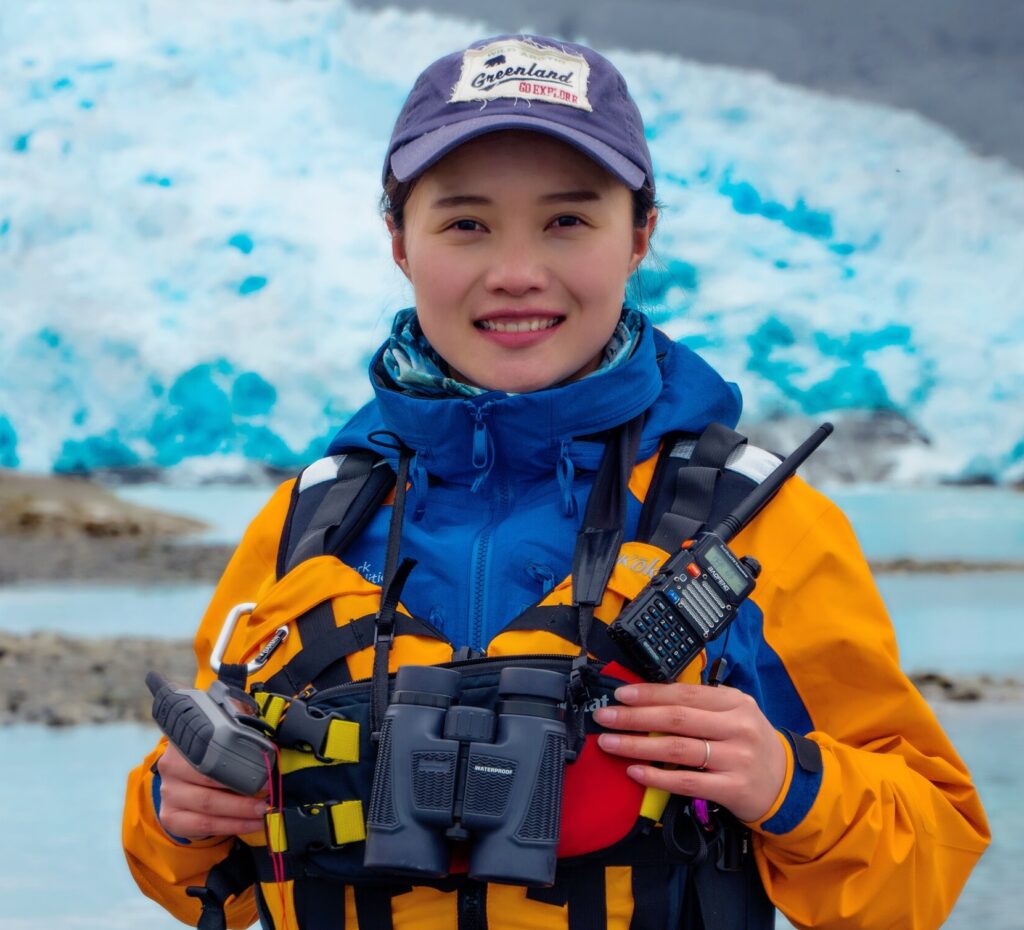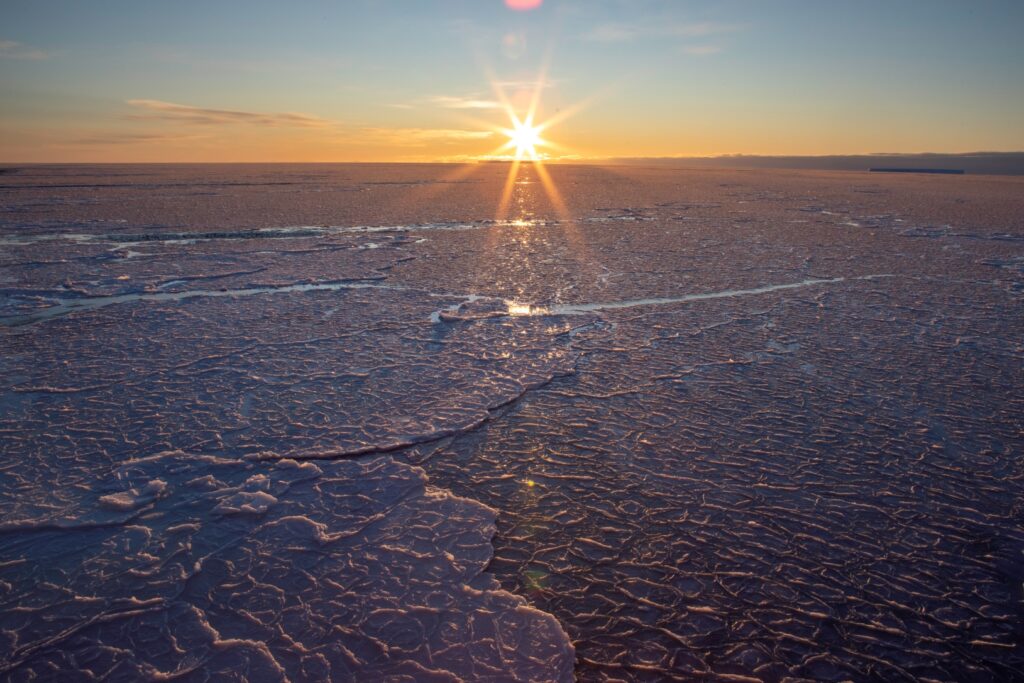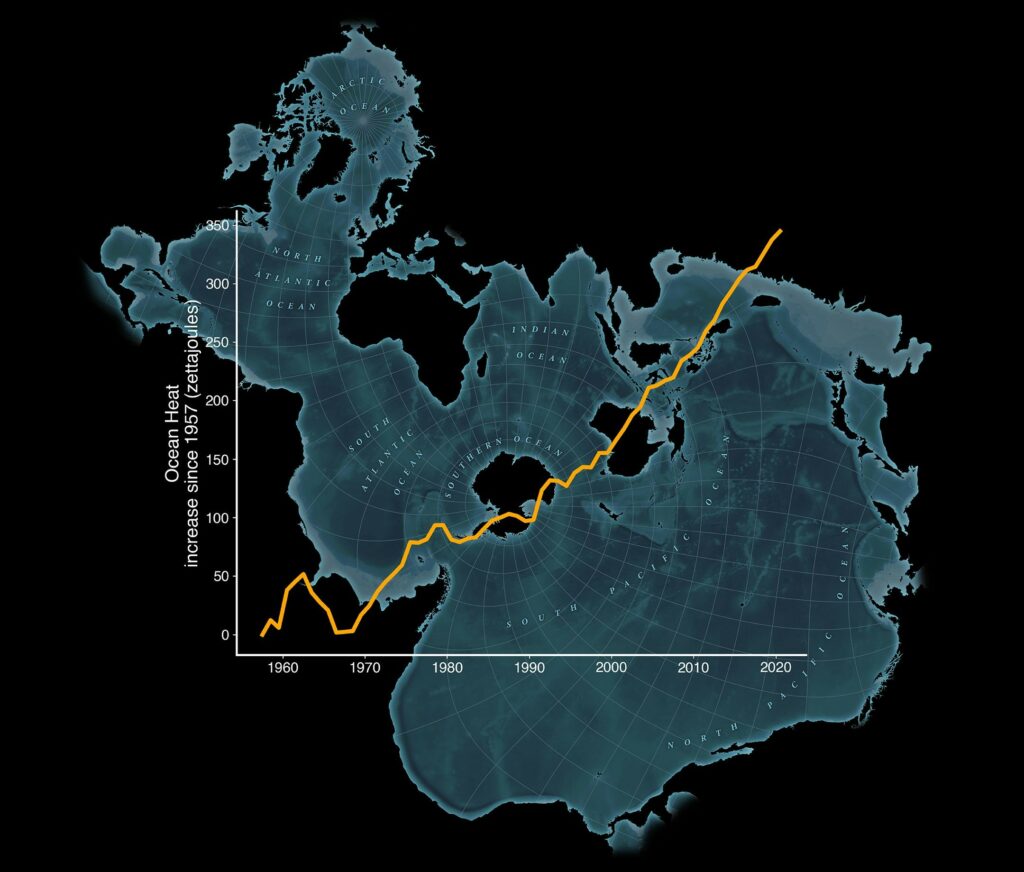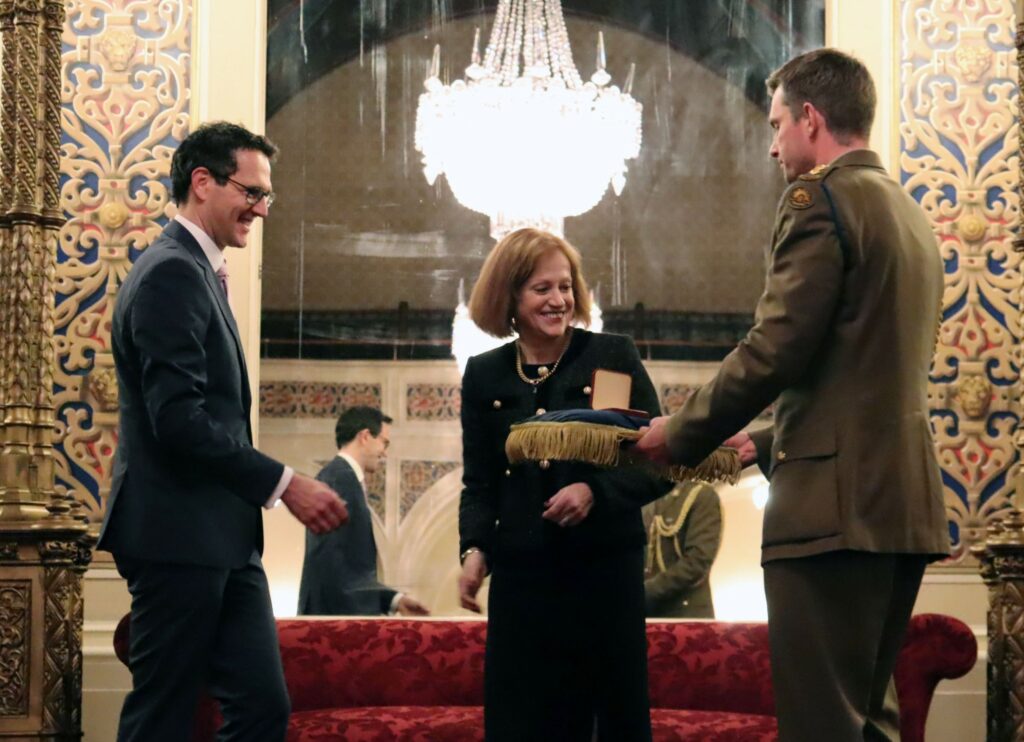Antarctic researchers land prestigious DECRAs in Tasmania
1 September 2023
Four early-career researchers from the University of Tasmania have been awarded a total of $1,773,740 in the Discovery Early Career Researcher Awards (DECRAs), funded by the Australian Research Council.
Two of the awardees are with the Australian Antarctic Program Partnership:
Dr Chen Zhao, Australian Antarctic Program Partnership, Institute for Marine and Antarctic Studies
Project: Great Antarctic uncertainties: How to better predict rising sea levels, awarded $444,000
“We urgently need better projections of future sea-level rise that will enable us to plan for and adapt to widespread and costly coastal impacts in Australia and around the world.”
“However, current models are constrained by significant gaps in our understanding of how the Antarctic Ice Sheet is changing and its crucial role in driving global sea-level rise.
“My work will include, for the first time, the influence of interactions between the subglacial hydrologic system (the flow of water at the base of a glacier) and surrounding ocean circulation on the ice sheet dynamics, using a coupled ice–ocean–hydrology model.
“I feel truly honoured to receive a DECRA grant and exhilarated at the opportunity to make a meaningful impact in this critical field of Antarctic science.”

Dr Tyler Rohr, Australian Antarctic Program Partnership, Institute for Marine and Antarctic Studies
Project: Evaluating the impact and efficiency of engineering the ocean to remove CO2, awarded $451,697
“The Southern Ocean naturally absorbs a large amount of carbon dioxide through the biological pump, where carbon is taken from the atmosphere by microscopic plants and then transferred to depth through various biological and physical pathways.
“My work aims to accurately simulate the role of zooplankton grazing in determining the strength of the biological pump, then to use improved models of the marine carbon cycle to better predict the ocean’s ability to store carbon and keep the planet liveable.”
“These projections will help people decide if, when, and how we should geoengineer the ocean to remove more carbon dioxide from the atmosphere.
“This is such an exciting prospect that could really help fix the mess we’ve made with the climate; it’s also incredibly humbling to think about the audacity of it.”




